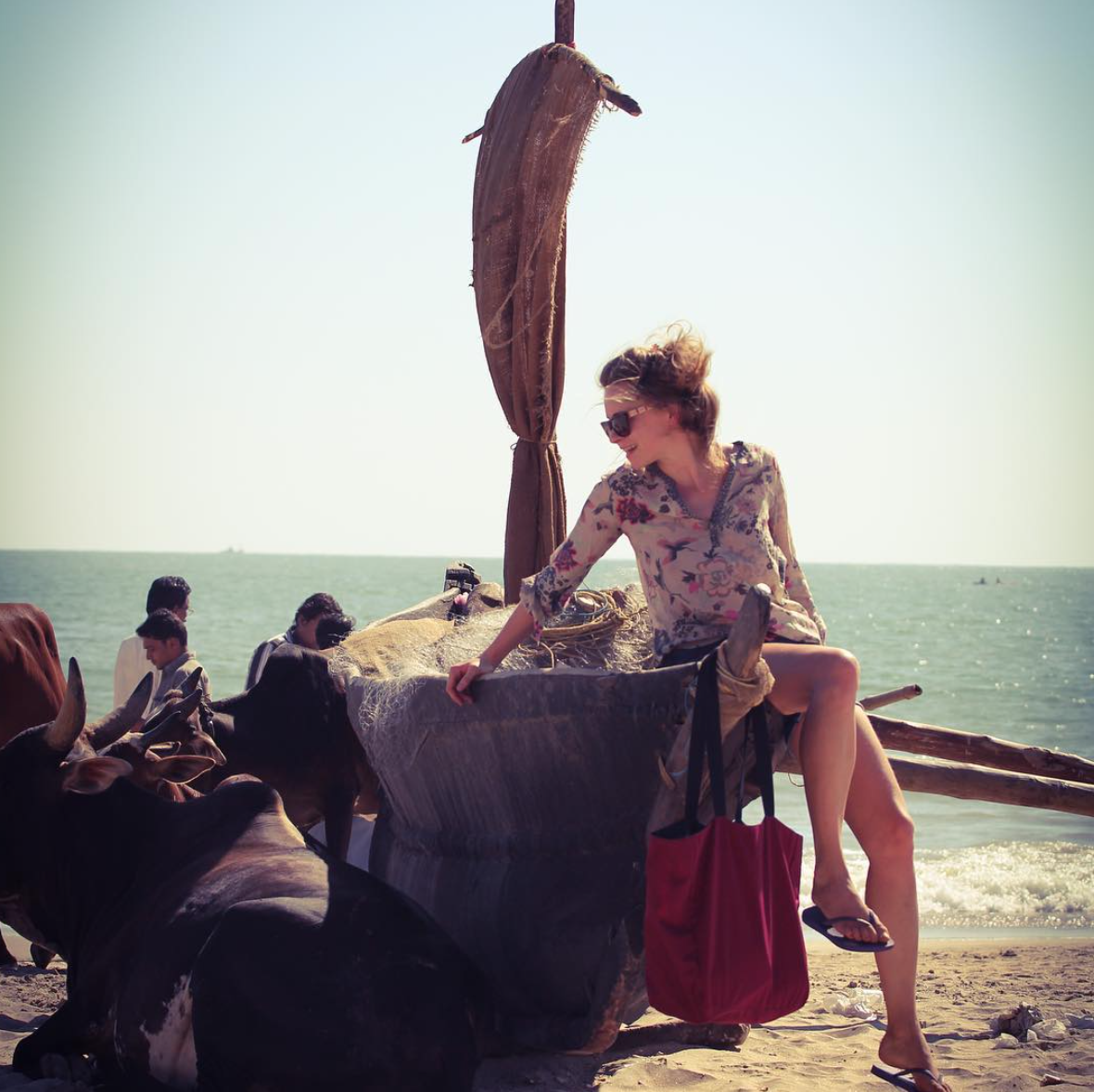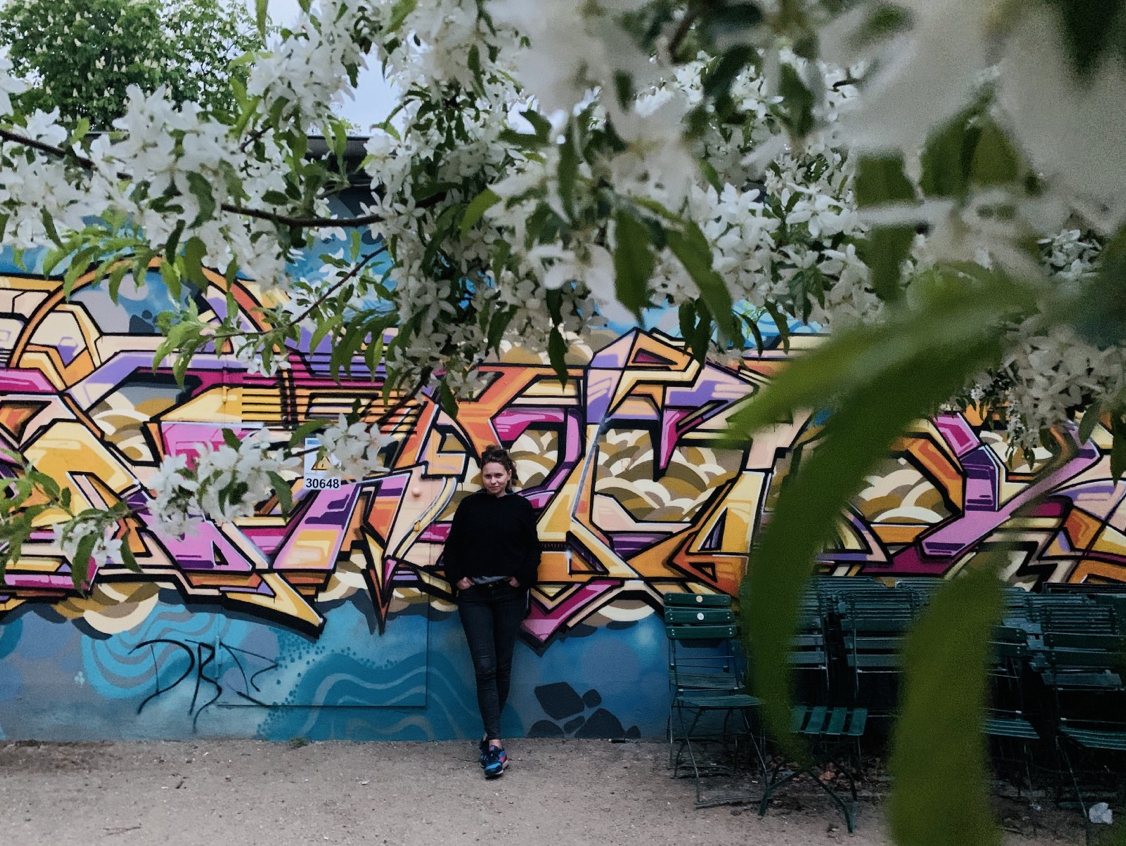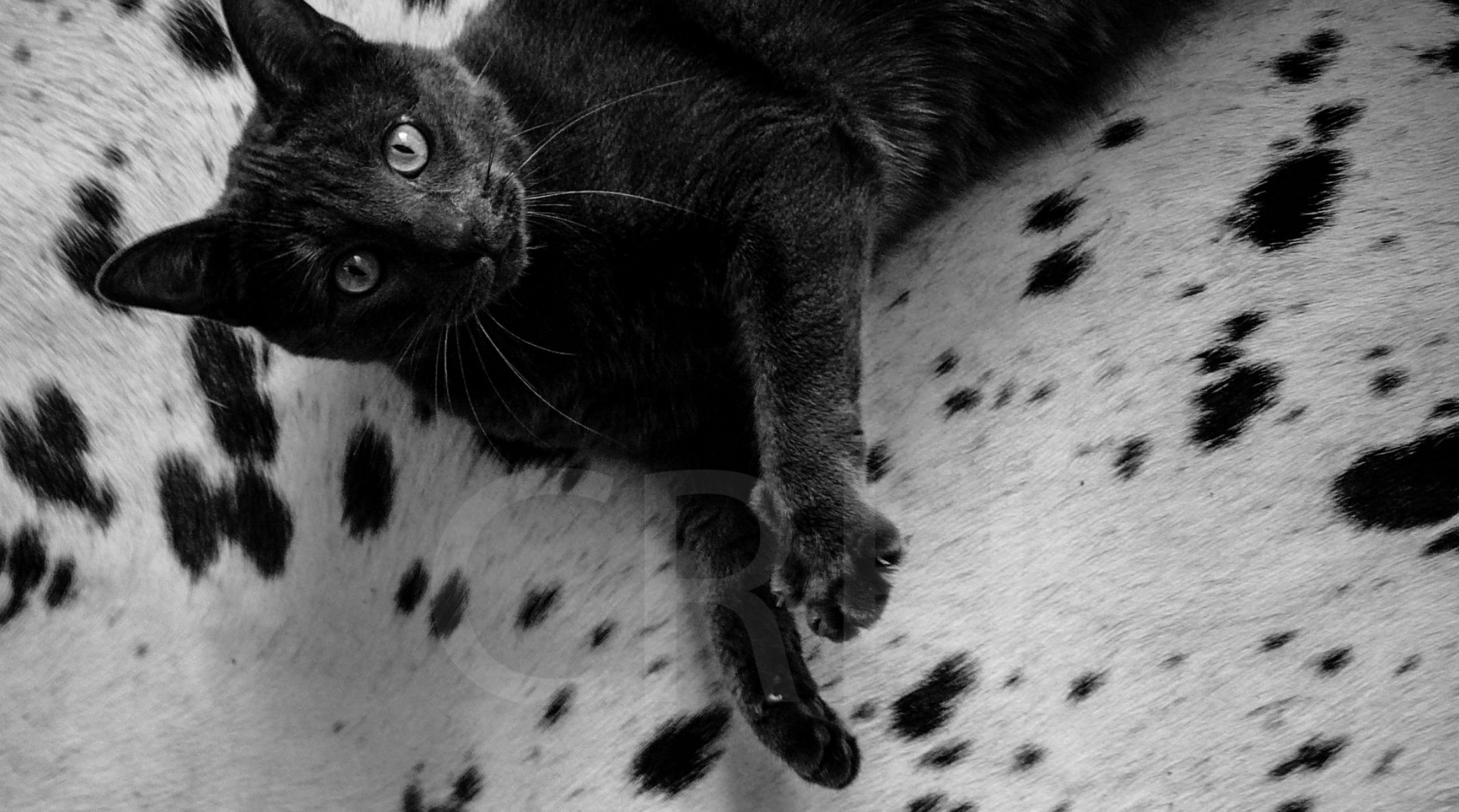☆ WE ARE ALL DIFFERENT BUT STILL THE SAME.
DIFFERENT. We are all different but still the same. Different in our cultural behaviors and preferences but same in regard of what defines us as humans. I love India despite its particular challenges. I love watching the holy cows passing by in the busy streets of Varanasi or laying relaxed at the beaches in Kerala. They move stoically, sit down in the middle of the road or just chew repetitively. In the Western world, most of the cows are looked-in in mass-cages. Once, I experienced the crying pain of a female cow from whom the baby cow was taken away. The mother cow literally went crazy. She freaked out. Humans belong to the species of animal. Even if we do everything to distinguish us from them so that we can view ourselves being superior. But at the end, there is no demarcation line. We are different but still the same.




